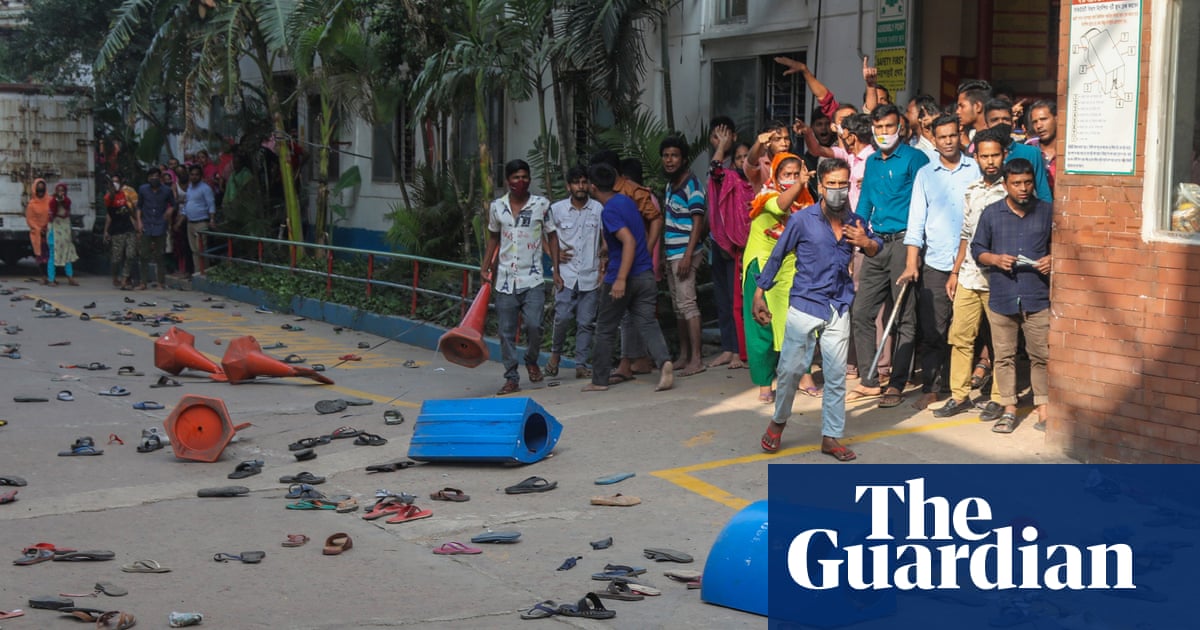
Primark, one of the UK’s most popular retailers, has announced it will create a fund to help pay the wages of the millions of garment workers affected by its decision to cancel tens of millions of pounds worth of clothing orders from factories in developing countries across the world.
The pledge followed sustained criticism of the fashion retailer after data from the Bangladeshi and Garment Exporters Association (BGMEA) revealed it had cancelled all orders already placed with suppliers.
Collectively brands including Primark, Matalan and Edinburgh Woollen Company have cancelled £1.4bn and suspended an additional £1bn of orders in Bangladesh alone as they scramble to minimise losses in the face of the Covid-19 epidemic. The move has already seen more than a million Bangladeshi garment workers lose their jobs or be sent home without pay.
Primark has announced that it will create a fund to help pay the wages of workers linked to orders that were due for shipment in the month after they were cancelled in Bangladesh, Cambodia, India, Myanmar, Pakistan, Sri Lanka and Vietnam.
However, the brand also stipulated that the wage compensation would be adjusted to take into account government support packages, a caveat that has caused confusion among suppliers and industry bodies.
“While we welcome Primark’s announcement that they will compensate workers for the wages they will lose as a result of these cancelled orders, it is not clear enough what they mean,” says Rubana Huq, chairperson of the BGMEA. “Wage compensation should not take government loans into consideration. These brands have existing business commitments with their suppliers that are their responsibility to honour.”
Factory owners in Bangladesh also asked for further clarity about whether Primark would agree to pay invoices for any of the completed orders it has cancelled or for any of the raw materials already purchased by suppliers.
Due to the Covid-19 epidemic, all of Primark’s retail outlets have closed, with monthly losses estimated at £650m. Primark chief executive Paul Marchant said that the company already has £1.6bn of paid-for stock in stores that it currently cannot sell.
“Every one of our stores around the world is closed. With a backlog of stock in stores, depots and in transit, we have had to make the very difficult decision to cancel orders for future stock,” he says.
“Finding a way to ensure that workers in our supply chain in these countries are paid has been a priority over the past two weeks and we are pleased that this fund will provide relief to these workers.”












